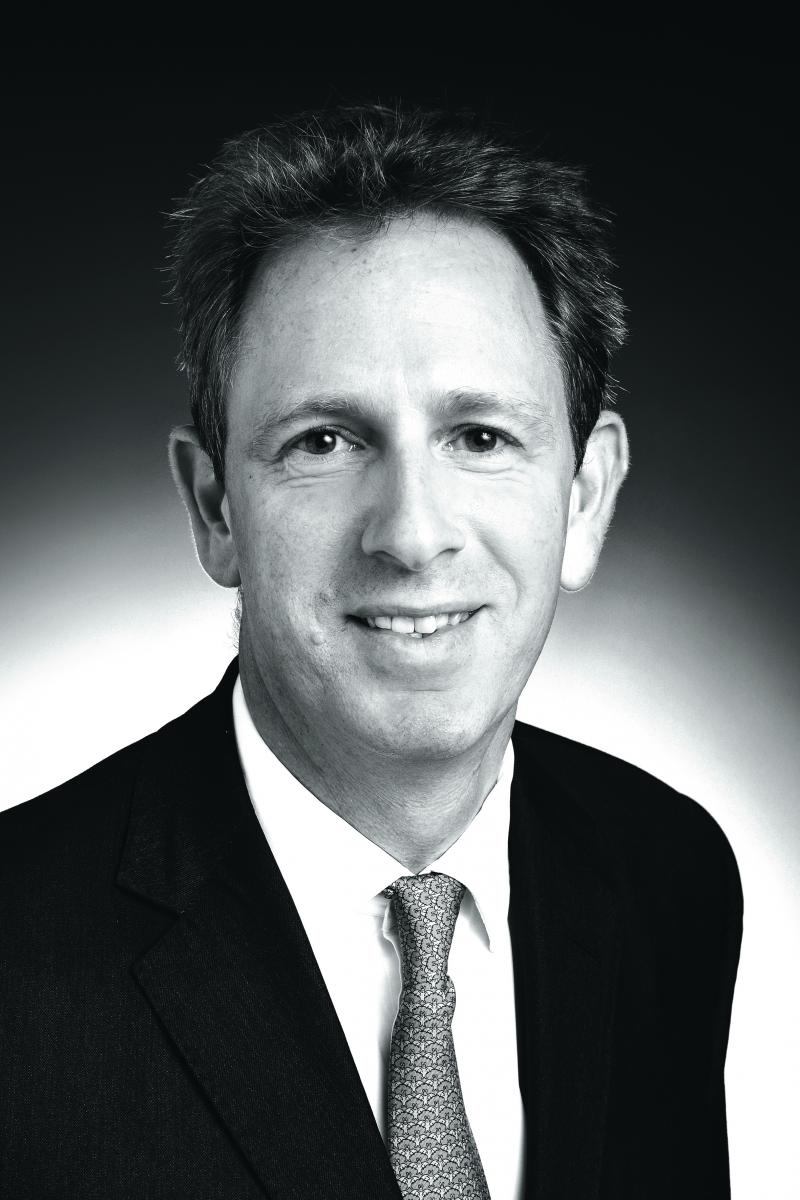Family offices divided on investment outlook for 2016

The multi-year trend of family offices taking on more risk continued in 2015, both in investment intentions and portfolio allocations, according to the second annual Global Family Office Report. Yet one unintended consequence of their 'risk on' approach is that many offices are excessively focused on investments, which in turn means they are failing to address several key areas of concern.
Despite a bullish outlook for next year, the temptation to overlook rising costs, salary discrepancies and reputation management could all serve to derail family office plans of seeking alpha. Confounding the situation is high return expectations among family offices, when compared to other institutional investors, which may or may not come to fruition.
Philip Higson, vice chairman of UBS Global Family Office Group, says there is a very real danger in offices pinning their future expectations on past performance. He is mostly concerned about increasing costs, which have risen from 92 basis points (bp) to 99 bp, according to the report.
“Family offices need to better understand the fully loaded what the full costs of different activities are. Many family offices try to juggle too many tasks at once, so it is important to focus on areas where they can add value to their operating businesses,” Higson says. “One way of reducing costs is to outsource activities that require significant fixed costs or have highly specialist skills that are only required for intermitted tasks or roles”.
 The report found that legal and tax services typically costs $1.5 million annually for the average family office, with financial and tax planning being the most costly service requirements. Typically, these services are outsourced as family offices seek to ensure quality as well as range of knowledge. The single largest cost incurred by family offices relates to investment activities at $3.3 million.
The report found that legal and tax services typically costs $1.5 million annually for the average family office, with financial and tax planning being the most costly service requirements. Typically, these services are outsourced as family offices seek to ensure quality as well as range of knowledge. The single largest cost incurred by family offices relates to investment activities at $3.3 million.
Another key area of concern relates to a discrepancy in pay between family and non-family chief executives. According to the report, the majority of family offices pay higher salaries to senior executives from outside of the family in a bid to recruit and retain talent. In 2014, the average non-family CEO received a base salary of $338,000, while family CEOs receive a salary of $302,000.
“Non-family chief executives should be paid more because their tenure is shorter and less certain. By failing to explain pay discrepancy to family members there is a danger that feelings of resentment might build. The research found that members of the next generation might even be discouraged from joining the family office. Better communication is needed to resolve this issue,” Higson says.
Stuart Rutherford, head of research at Campden Wealth, added that the pay disparity is partly influenced by the recognition among family members that they also benefit financially from the success of the family office. “It could also reflect differences in the skills and experience levels of family and non-family CEOs, and will certainly be linked to competition in the marketplace for non-family CEOs,” he added.
While families may be concerned with their immediate internal issues, Higson says it is ever more important to address the massive increase in communication brought about by social media. According to the 52-year-old, one of the report's most concerning findings is that one third of offices do not have any contingency plans for family reputation, which can now come under intense and near instantaneous attack. “Though offices are well geared to look after investments, through written, internal, and external evaluation, reputation isn't getting the attention it deserves. In a digital age, that's a real familial risk”.
Another area of potential vulnerability is in family data and confidentiality, where more attention may need to be given to information architecture and digital assets. The complexity of cyber security is not well understood by the family offices and breaches through easily overlooked devices (such as mobile phones) are common. Higson says formal risk management policies serve as a good starting point for data security.
In closing remarks, Higson says that in certain areas, family offices could follow approach taken by institutional investors, for example, through their use of reporting. “The quality of reporting from the institutional market is at a different level. Sometimes they are over the top in terms of the detail or level of due diligence, but that is very important,” he explains. “Where it makes sense, I'd like to see more family offices using reports for benchmarking. There's so much data and analysis that one must be able to find areas of relevance whatever your geography or set-up”.
The vice chairman concluded with the suggestion that work on the Global Family Office Report 2016 has already begun, adding that it will include deeper analysis on cost efficiency as well as more data on investment allocations and a comparison with the endowment investment approach. “We would like to thank all the families, executives and advisers who provided formal survey feedback and welcome your comments for next year's study”.
Have you got a topic you would like investigated further in next year's Global Family Office Report? Email your suggestions to research@campdenwealth.com.






